Associate Professor: Covid-19 pushes people back behind the wheel with tailbacks and traffic jams as a consequence
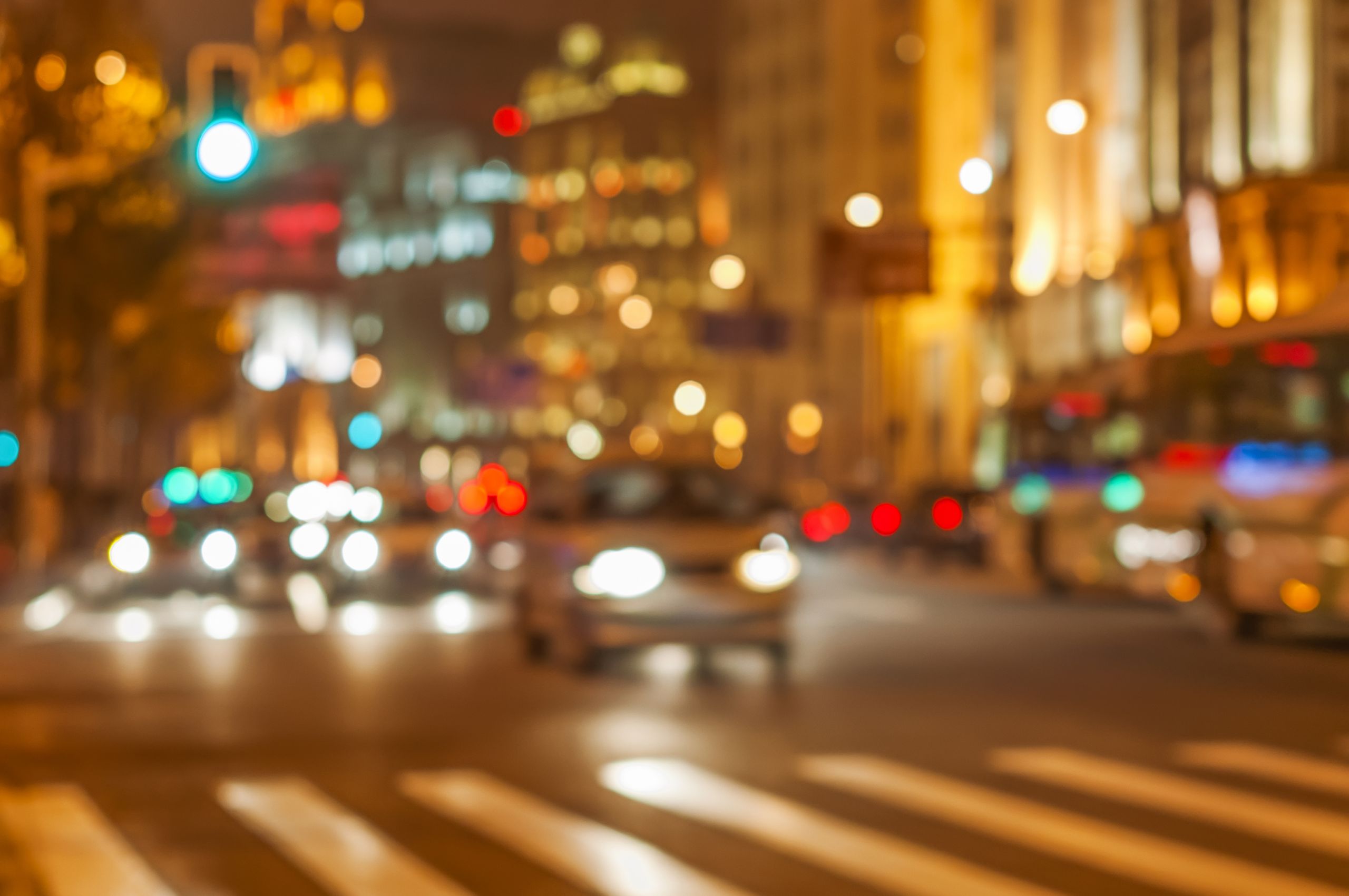
(Illustration: Shutterstock)
Cars have become the preferred means of transportation in the wake of the coronavirus, according to Ismir Mulalic, Associate Professor at the Department of Economics at CBS. This trend may very well affect car owners at CBS as well.
If you used to get to CBS by car to work or attend lectures, perhaps you should prepare to get out of the door earlier than before.
At least that is what Ismir Mulalic, Associate Professor at the Department of Economics at CBS, with a research focus on urban and transportation economics predicts when he checks his crystal ball for traffic trends.
According to him, since the lockdown, people have become fond of using their cars instead of public transportation and even instead of their bikes.
And in the future, this may result in full parking lots and tailbacks on heavily trafficked streets – also around CBS.
An attractive means of transportation
Since Covid-19 hit Denmark, people have been choosing to travel by car more frequently instead of using other transportation forms, and Ismir Mulalic explains that there are several reasons for this. But one of the main reasons is undeniably the danger of coronavirus infection.
He explains that there are several reasons for this. But one of the main reasons is undeniably the danger of coronavirus infection.
“Most importantly, I believe that people are nervous about getting close to others. We are all trying to keep our distance from other people. And that is quite difficult to do in a bus, train or the metro,” he says and continues:
“Therefore, it’s much easier to take your car, either alone or with those you live with, when you need to get somewhere. So overall, in these coronavirus times, cars are the preferred means of transportation.”
Before the Covid-19 outbreak, Copenhagen was a heavily congested city. So now when Ismir Mulalic says that cars are more popular than public transportation, what might this mean for traffic congestion?
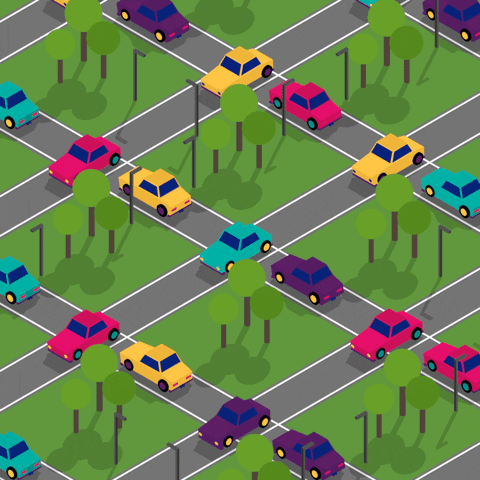
“When the lockdown came, traffic jams disappeared. And although cars are attractive to use, they cause road congestion. On a yearly basis it costs a lot of time,” he explains and goes on:
“And then there’s the economic side of the equation. Having a car involves many expenses: the price of the car itself, fuel, oil changes, registration taxes and so on. But as a consequence of Covid-19, many of these expenses have been drastically reduced because people no longer have to use their cars as much as before.”
However, Ismir Mulalic clarifies that Covid-19 is not the only reason why we are taking our cars instead of public transportation.
“Cars have always been an attractive means of transportation. Even though they are expensive to run, they are a flexible transport mode – you can go from A to B exactly when you like. Whereas public transportation usually includes some waiting times and delays,” he says.
More cars on the road – more pollution
Before Covid-19 got a firm grip on the world and stole the media spotlight, another global problem was a high priority on the political agenda – climate change.
However, the Covid-19 crisis does not mean that discussions about how to save the climate have been put to rest. But according to Ismir Mulalic, opting to use cars instead of public transportation may very well affect the climate.
“If we get more cars on our roads and people begin opting not to use public transportation, that will, of course, have some significant consequences for our climate,” he says and explains:
“Before Covid-19, countries around the world were already working on reducing CO2 emissions in the transport sector, which is responsible for a good share of the overall climate pollution. And if there are more cars on the roads, it will undoubtably affect the climate.”
“Furthermore, if the public transport sector loses clients, there will be fewer departures in the future, which will prompt people to take their cars instead. So, if this development happens, we will have a vicious circle that will contribute to climate change.”
So how do we prevent this vicious circle from becoming a reality? Well, according to Ismir Mulalic it’s actually quite difficult to make people return to using public transportation once they have begun travelling by car instead, even in times without a global pandemic.
But this does not necessarily mean it is impossible to change people’s transportation habits.
“As an economist, I believe that taxes and charges are necessary in order to change people’s behavioral patterns when it comes to transportation,” Ismir Mulalic says and elaborates:
“For instance, large cities such as London and Stockholm have road pricing systems and drivers pay for the actual stretch of road they drive on. And we know that such initiatives motivate people to leave their cars in their driveways and turn to other means of transportation instead. But that’s just one of several courses of action available.”
Traffic jams and new business ideas
Under normal circumstances, hundreds of bikes are parked outside CBS on Solbjerg Plads. This indicates that a significant number of employees and students at CBS bike to work or to attend lectures.
Nevertheless, some still take their cars to Frederiksberg to work or study. And according to Ismir Mulalic, the number of people who put their keys in an ignition instead of putting them in bike locks or swiping their travel cards at readers, will rise.
“I think in the future more people will choose their cars when they need to get to CBS. Especially employees who have assigned parking spaces,” he says and adds:
“But I also think that when the crisis is over, as time goes by and we slowly forget that there was a time when social distancing was a necessary evil, we will return to our bikes and public transportation.”
At the moment, however, such a situation seems to be in the distant future. And even before the coronacrisis, the streets surrounding CBS on Solbjerg Plads, especially Falkoner Allé, were congested.
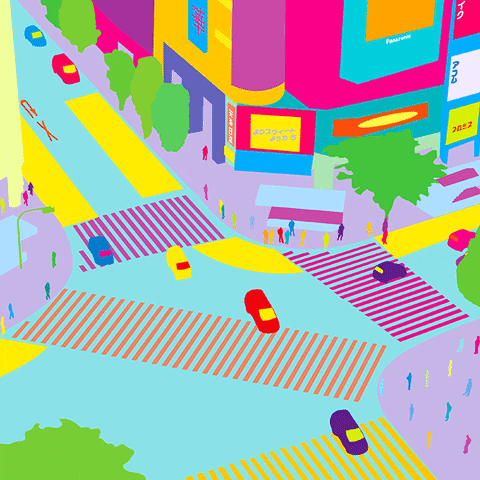
And according to Ismir Mulalic, the roads near CBS will most likely become even busier if people continue to choose cars as their preferred means of transportation.
Therefore, drivers at CBS might begin to prepare themselves for longer travel times and traffic jams when driving to the university.
“More drivers and more cars on the roads will undeniably mean more road congestion and longer transportation times for everyone. Including drivers at CBS,” he says.
But even though this could be a problem for car owners, the trend might very well become a business opportunity for others.
“Just as online shopping has experienced a boom since the lockdown happened, I think that the current situation will spark new business ideas. For instance, I think a lot more people than today will be interested in sharing cars. At least, that’s my impression from my daily walks on Amager, where I’ve seen more shared cars than usual,” Ismir Mulalic says and adds:
“That’s just how it is in business: when one door closes, another opens.”



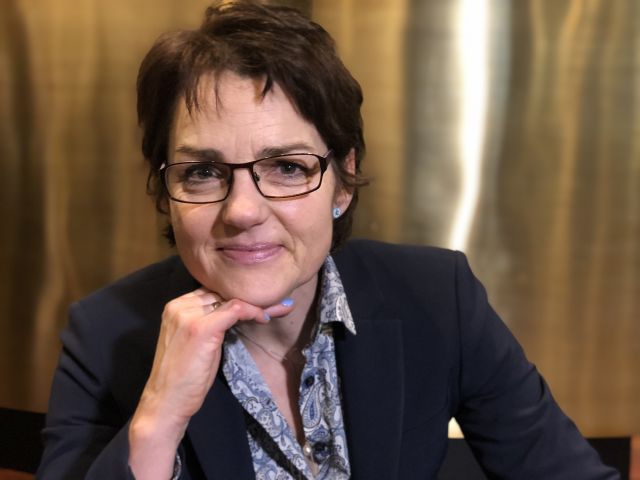
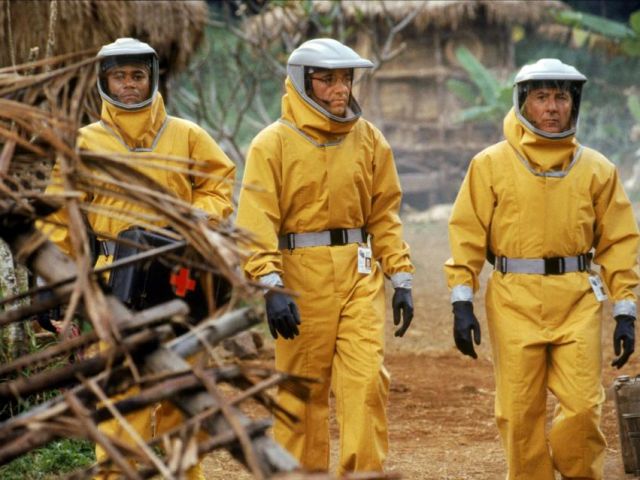
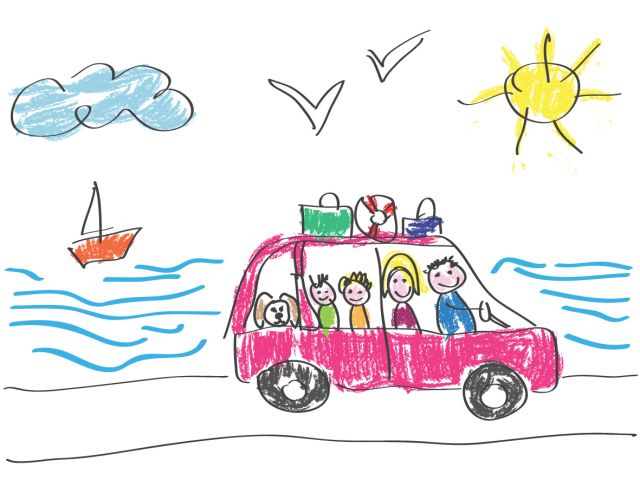
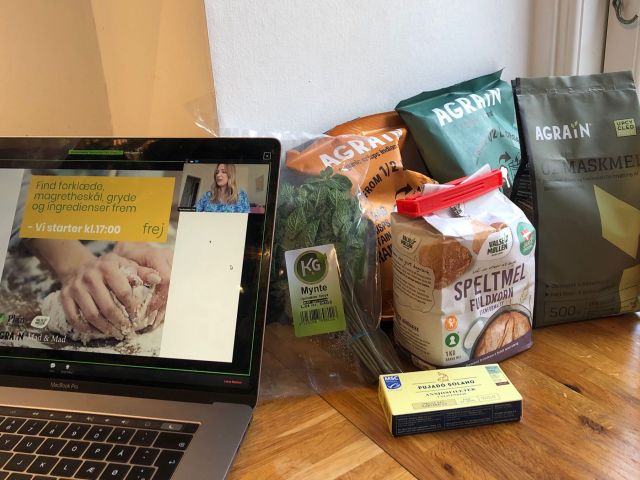
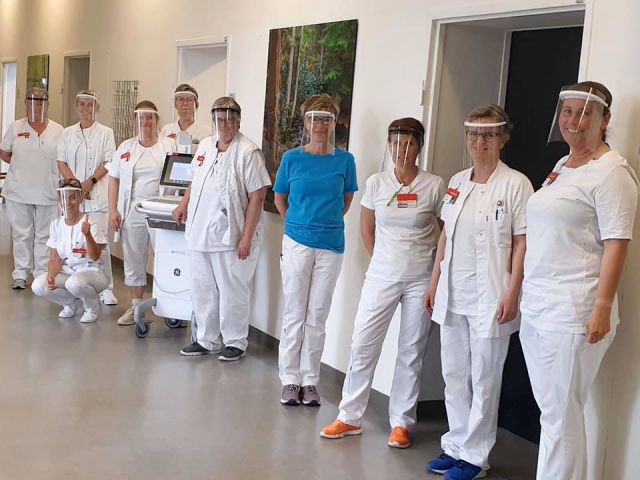
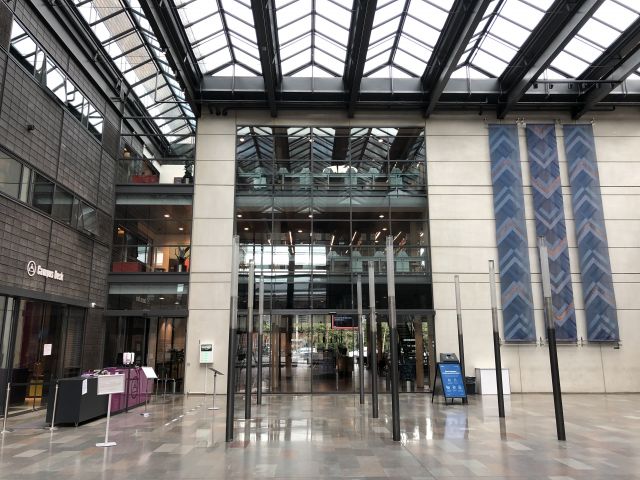




























































































































Comments